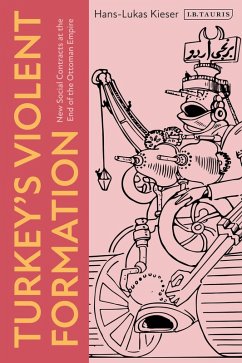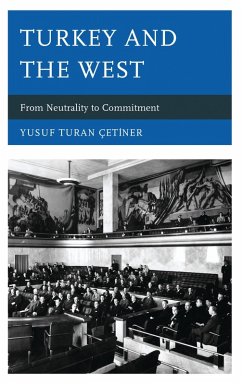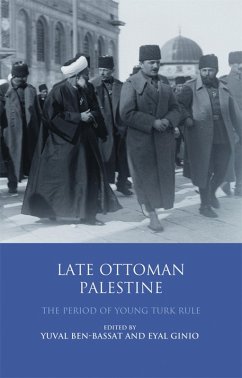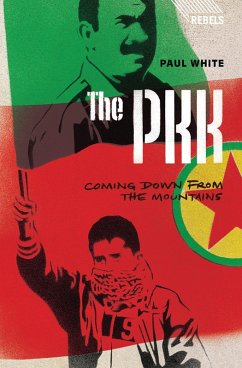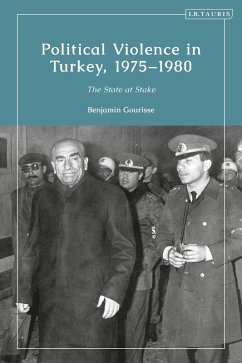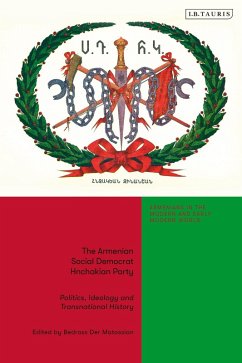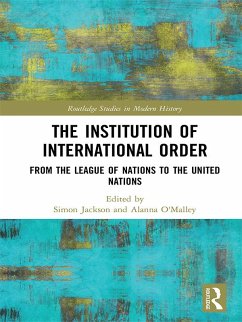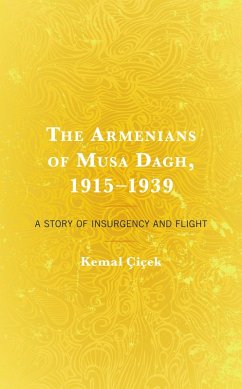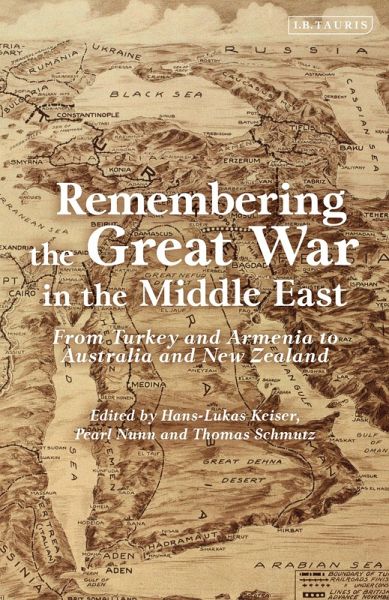
Remembering the Great War in the Middle East (eBook, PDF)
From Turkey and Armenia to Australia and New Zealand
Redaktion: Kieser, Hans-Lukas; Nunn, Pearl; Schmutz, Thomas

PAYBACK Punkte
12 °P sammeln!
This book addresses the conflicts, myths, and memories that grew out of the Great War in Ottoman Turkey, and their legacies in society and politics. It is the third volume in a series dedicated to the combined analysis of the Ottoman Great War and the Armenian Genocide. In Australia and New Zealand, and even more in the post-Ottoman Middle East, the memory of the First World War still has an immediacy that it has long lost in Europe. For the post-Ottoman regions, the first of the two World Wars, which ended Ottoman rule, was the formative experience. This volume analyses this complex configura...
This book addresses the conflicts, myths, and memories that grew out of the Great War in Ottoman Turkey, and their legacies in society and politics. It is the third volume in a series dedicated to the combined analysis of the Ottoman Great War and the Armenian Genocide. In Australia and New Zealand, and even more in the post-Ottoman Middle East, the memory of the First World War still has an immediacy that it has long lost in Europe. For the post-Ottoman regions, the first of the two World Wars, which ended Ottoman rule, was the formative experience. This volume analyses this complex configuration: why these entanglements became possible; how shared or even contradictory memories have been constructed over the past hundred years, and how differing historiographies have developed. Remembering the Great War in the Middle East reaches towards a new conceptualization of the "long last Ottoman decade" (1912-22), one that places this era and its actors more firmly at the center, instead of on the periphery, of a history of a Greater Europe, a history comprising - as contemporary maps did - Europe, Russia, and the Ottoman world.





